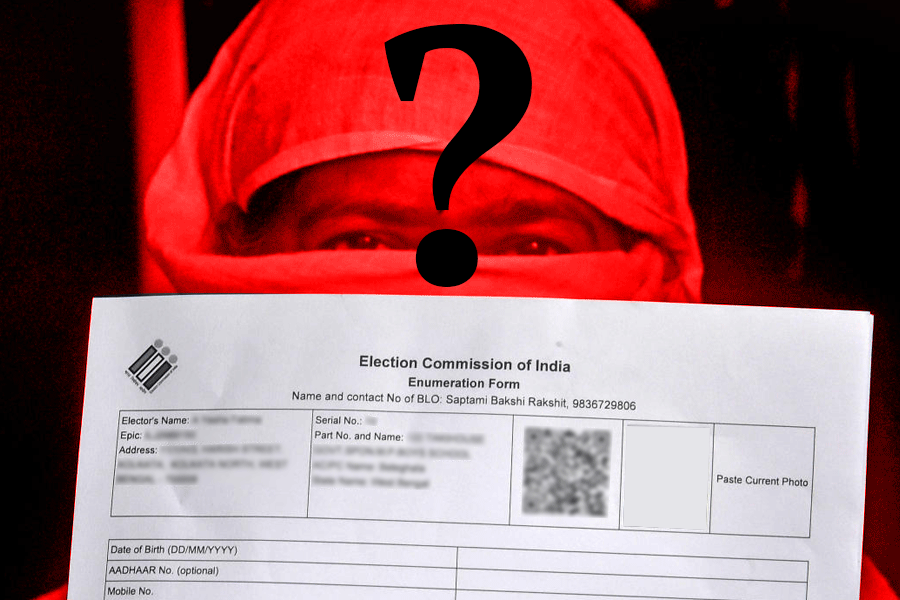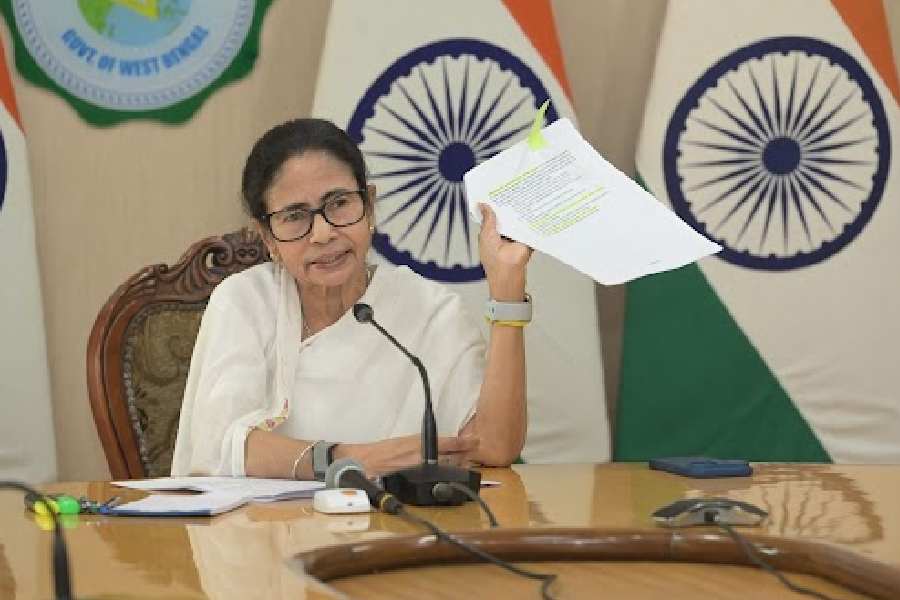Itanagar, April 6: An Australian linguist has helped a tribe in Arunachal Pradesh revive a nearly lost dialect, after toiling for four years to ink a script and compile a lexicon.
The first dictionary of Galo language was released by chief minister Dorjee Khandu yesterday, coinciding with the beginning of the tribe’s biggest annual event, the Mopin festival.
Of course, the Galo tribesmen did not forget Mark Post, the man who gave a new lease of life to their dialect, and sent him a special invitation to their festival.
For most part of the day, Post, a professor of linguistics at La Trobe University in Australia, sat watching the Galos — it is the largest tribe in the state, inhabiting Upper Siang, West Siang, East Siang and Lower Subansiri districts — celebrate their new-found script power and their traditional rituals.
“We wanted to honour Prof. Post, as without his contribution, preparing a Galo script and dictionary would not have been possible. He really helped our language survive get a new lease of life,” Goken Baman, a member of Galo tribe, said.
The whole project would not have been possible without the “innovation” and “earnest endeavour” of the Galo Welfare Society (GWS), which sought Post’s help to resuscitate the dialect, gasping for breath from the “onslaught” of Hindi and English.
The general secretary of the welfare society, Tomo Basar, said the apex society of the tribesmen anticipated the “threat” to the dialect and started working on a script.
The Galo Language Development Committee came into existence in 2004 with Tado Karlo, a professor of Rajiv Gandhi University in Itanagar, as the chairman.
“It was an onerous task on our part to develop the Galo script. Responding to the dire need, we moved Post to prepare a script for us, as we did not have any idea about the nuances of phonetics and intonation. Prof. Post, who arrived in Aalo, the headquarters of West Siang district in 2005, had a good grasp over the dialect. After four years of research and study, the script came into existence in 2008. The dictionary was compiled this year,” Basar said over phone from Aalo.
The efforts of the Galo tribe soon got a thumbs-up from the state government, which approved the dialect as the third language in Galo inhabited-areas of the state through a notification.
The president of Galo Welfare Society, H. Lollen, too, was upbeat about the prospect of the dialect attaining language status.
“The Galo dialect that was facing extinction has certainly got a new lease of life as the tribesmen can now read and write in Galo. What seemed a distant dream for us fructified today with the release of Galo dialect dictionary. The state government has already asked the society to despatch printed books written in the dialect to schools in Galo-inhabited areas in the state,” Lollen, who is also the deputy commissioner of West Siang district, said.










